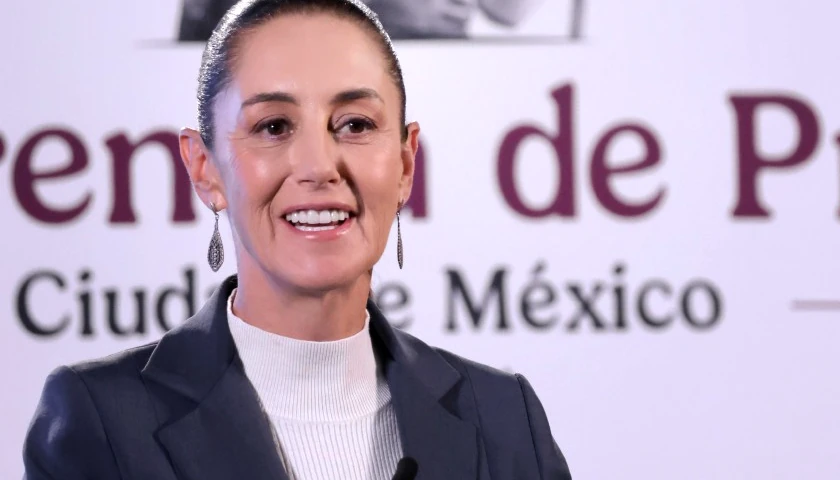by Scott McClallen
A new report from Business Leaders for Michigan calls for a “holistic” strategy to attract and retain residents.
The 2023 Economic Development Framework identifies challenges that have historically prevented Michigan from creating and sustaining long-term solutions.
Business Leaders’ economic development framework focuses on five areas:
- Talent: Prepare our people for high-wage, in-demand careers and attract and keep more talent.
- Customer service: Cut red tape and make expanding in Michigan easier for all doing business here.
- Place: Create attractive, welcoming and safe communities and invest in place.
- Entrepreneurship/Innovation: Support Michigan small businesses and entrepreneurs and businesses that are creating jobs.
- Competitive incentives: Create an effective toolbox that helps us compete for jobs and accelerates our progress toward strengthening fundamentals.
“While Michigan ranks as average today, becoming a top performing state in just a few years is absolutely possible,” President and CEO of Business Leaders for Michigan Jeff Donofrio said in a statement. “We need to unite and work to create the Michigan we want to see in a decade, with growing income, population and jobs. Working holistically to improve our fundamentals in talent, customer service, entrepreneurship and place will drive growth and limit our need for future incentives.”
The report found Michigan is losing talent to other cities. The top 10 net worker migration destinations from 2010-2021 are:
- 5,800 to Dallas.
- 5,500 to Tampa.
- 5,100 to Phoenix.
- 3,900 to Atlanta.
- 3,500 to Los Angeles.
- 3,000 to Nashville.
In Business Leaders’ annual benchmarking study released in December 2022, Michigan ranked 31st among all states, a two-spot drop from 29th in 2021.
The attraction effort is bipartisan. Michigan has lost more than 40,000 people since 2020. Sen. Mallory McMorrow, D-Royal Oak, chair of the Senate Economic and Community Development Committee, said that lawmakers must invest in communities to attract more people.
“In order to build an inclusive economy, we need to invest equitably in our people and communities,” McMorrow said in a statement. “I support this framework because it recognizes that economic development cannot be based only on attracting and landing business deals. It starts with investing in people: better education, affordable housing, and support for entrepreneurs and startups. By equitably investing in the fundamentals, not trying to incentivize our way out of them, we can ensure that all Michiganders have an opportunity to land high-paying jobs and thrive in safe, vibrant communities,”
The data shows Michigan’s annual per capita income has fallen behind the rest of the country, coinciding with a decline in manufacturing jobs, Michigan’s single-state recession, the Great Recession, and a lack of growth in knowledge economy jobs.
The report says the knowledge economy jobs grew 35% in the U.S. but not at all in Michigan.
“Economic development needs a holistic and comprehensive approach that makes it easier to do business in Michigan,” President and CEO of the Small Business Association of Michigan Brian Calley said in a statement. “Customer service from government is critical for small businesses that do not have teams of lawyers and consultants to deal with bureaucracy. Small businesses account for half of all jobs and create a diverse and resilient economy. This framework focuses economic development on the big picture for how to move Michigan forward and help more Michiganders prosper.”
– – –
Scott McClallen is a staff writer covering Michigan and Minnesota for The Center Square. A graduate of Hillsdale College, his work has appeared on Forbes.com and FEE.org. Previously, he worked as a financial analyst at Pepsi.









De Unionize OK can Help